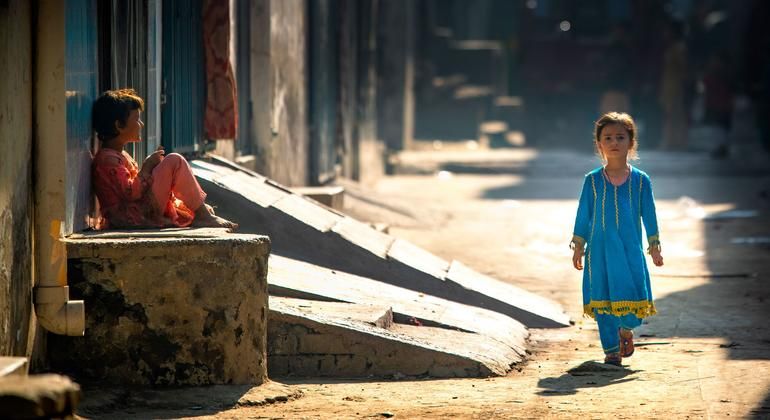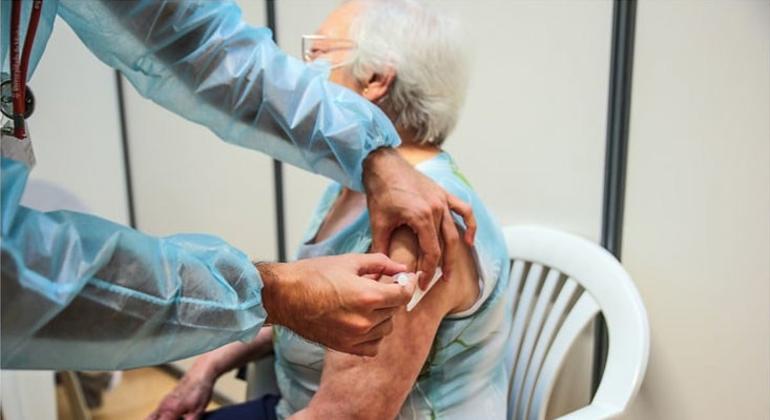Corporal punishment refers more frequently to children, but can refer to any punishment inflicted by parents, caregivers or teachers who intend to cause a certain degree of discomfort. It can happen at home or in more public environments such as the school classroom.
But wherever it happens, this type of punishment has high -range effects, including a higher risk of anxiety and depression, in addition to reduced cognitive and socio -emotional development.
“[Corporal punishment] Nor does it offer benefits for the behavior, development or well -being of children and there are no benefits for parents or societies“Said Dr. Etienne Krug, director of the Department of Social Determinants of Health.
There is no evidence that it works
During the last decades, many studies have examined the effects of corporal punishment, and no one has found that it has a positive impact on children or their behavior. On the contrary, many have discovered that they have many negative long -term health impacts on children as individuals, and societies in general.
“Now there is an overwhelming scientific evidence that Corporal punishment entails multiple risks to children's health“Dr. Krug said.
A study conducted in 49 low and medium income countries found that bodily punished children have 24 percent less likely to be in the development of their classmates' development.
In addition to causing immediate physical damage, this form of punishment increases the hormonal stress levels of children, which can actually change the structure and function of the brain. In summary, impacts on an individual level can be for life, according to the report.
From a social perspective, children who are physically punished are also more likely to do the same with their own offspring, creating an intergenerational cycle of violence. Similarly, adults who were bodily punished as children are more likely to develop violent, criminal and aggressive behaviors.
“The practice [of corporal punishment] It also feeds a broader social acceptance of violence, reinforcing harmful cycles between generations“The report said.
There is no evidence that corporal punishment is effective to change children's behaviors.
Regional differences
While corporal punishment prevails throughout the world and in all cultures, regional variations persist.
For example, in Europe and Central Asia, approximately 41 percent of children are subject to corporal punishment in homes compared to 75 percent in the Middle East and North Africa.
The disparity is even higher in schools, only 25 percent of children in the West Pacific experience corporal punishments during their education compared to more than 70 percent in Africa and Central America.
Girls and boys have almost the same probability of experiencing corporal punishments, although they can experience punishment for different behaviors and in different manners.
However, children with disabilities have a higher risk of corporal punishment. In addition, the poorest communities and those that experience economic or racial discrimination are more likely to practice corporal punishment.
More than politics
The report emphasizes that prohibiting corporal punishment is important but not sufficient. In fact, studies have found that there is no consistent association between legal prohibitions and diminished rates in physical punishment.
At the moment, 67 countries worldwide have universal prohibitions of corporal punishmentboth at home and at school. In addition to the best application of these prohibitions, which asks for new educational campaigns to reinforce the damage it can cause.
“The continuous use of corporal punishment and persistent belief in the need for its use despite legal prohibitions, suggest that efforts to promulgate and enforce such laws should be accompanied by campaigns to increase consciousness,” the report said.
The studies suggest that if parents knew alternative and more effective punishment methods for children, they would use them.
“It's time to put an end to this harmful practice to ensure that children thrive at home and school,” said Dr. Krug.












